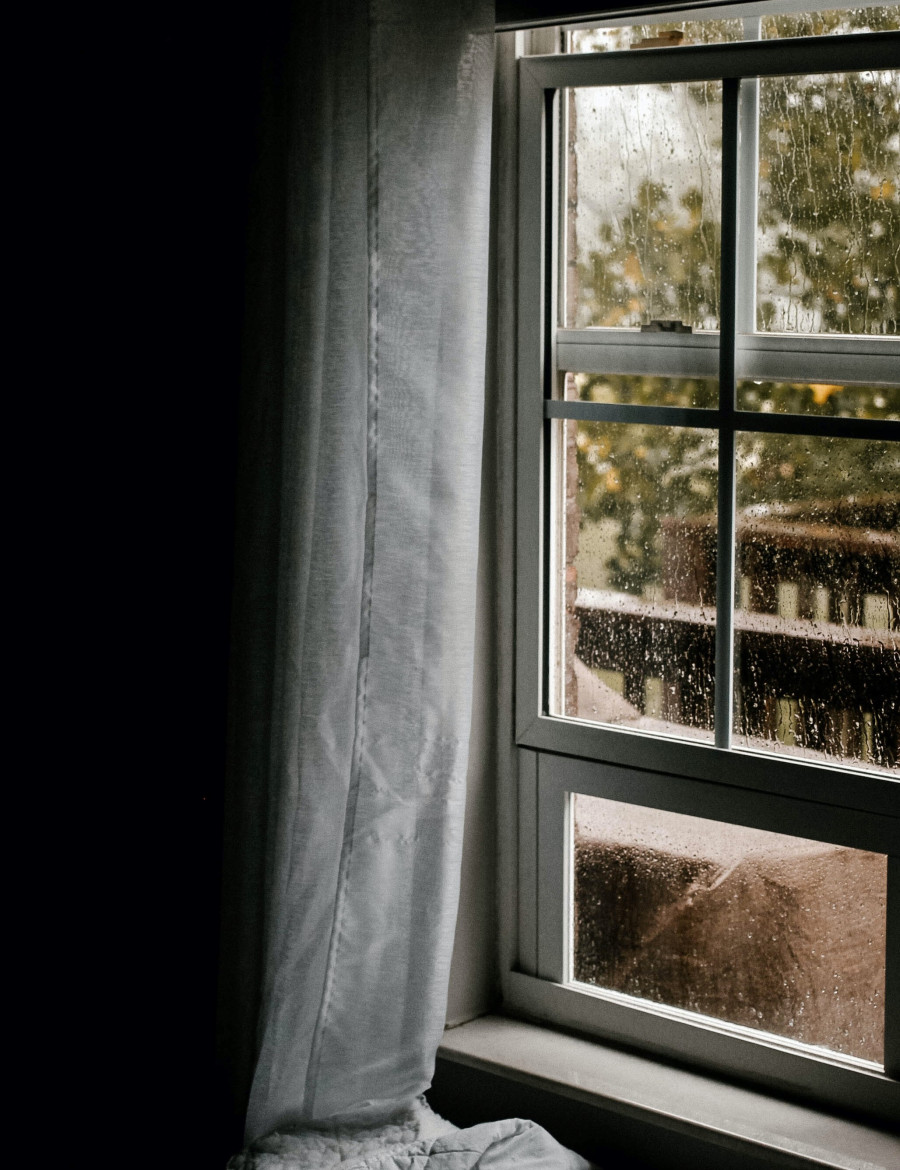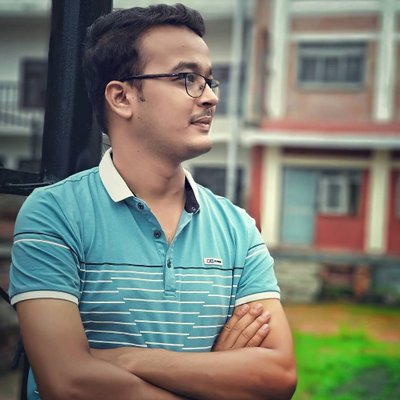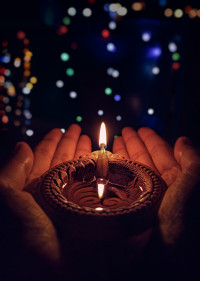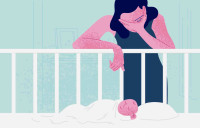As it is
In bits and pieces
When trapped in the house for months, little things in life preserve your sanity, like a flock of pigeons and their gentle cooing.
Bibek Adhikari
A gravelled path runs from in front of the house, worn-out by many feet and hardened by the bright afternoon sun. The path takes a right-angle turn in the corner and goes all the way to the market square, a place bustling with the daily hubbub of traffic and pedestrians.
Of late, I have been missing the sights and sounds, the smell and touch of the familiar. I miss the faces, the smiles, the cafés, the sweet aroma of spices, the soft-spoken conversations, the susurrations . . . meeting the eyes of strangers, returning their nods or smiles. I even miss the overcrowded buses, the constant honking, the insipid songs blaring from the overhead speakers . . . and the people, of course.
Once an ardent supporter of Jefferson’s inhumanism—the belief that humankind is too self-centred and can do away with some “uncentering”—I now despise that theory and refuse to see any merit or glory in a person who chooses to live in a bubble. I shun the Thoreauvian idea of living in a cabin in the middle of the woods, no matter how romantic and utopian it sounds.
***
After being locked in the house for too many days, it’s not surprising that a bittersweet feeling or a tantalising revelation comes swirling out of thin air. I see it on the slow spread of the orange glow against the brick-and-mortar walls. I listen to it in the daytime lull or in the night-time melody of my drowsy neighbourhood. I taste it in the heavy air of my room, and I quiver with longing, with this feeling, this sensation of being born.
That is, tumbling out of the dark canal—trembling in trepidation—into a world full of panic and ordeal; the prospect of leaving the halcyon days of the womb, only to live in a constant miasma of chaos and catastrophe. Plath would have called it a “monumental grotesque joke” had she lived through this age, this time.
***
With my mobility being constrained within a rigid boundary, I think of the days when moving was easy. All you had to do was get out of the door, the boundary wall, into the vast world—akin to coming out of that dark, dreary tunnel, with a scintilla of hope that there would be light, flickering and welcoming, at the end. Now the light is out, and the tunnel stretches as far as the eye can discern.
There is so much that goes into the mind before one thinks of moving, raising the metaphorical legs and taking slow and steady steps. The boundaries encircle you; they cripple you. And you realise suddenly that mobility was an illusion, and turn away on the verge of tears. You give up your thoughts, your dreams, your mind . . . for the illusory comfort that is often called “home.”
***
The proverbial frog in the well, the kupamanduka, is both smug and worried. Refusing to see any further, he foolishly considers the enclosing brick walls to be the limits of his knowledge. The dark and dismal entrapment becomes his safe haven, yet he despises his abode. A glimmering mist on the opening tells him there’s more to life than the murky waters and greyish moss.
I am that frog, wallowing in the comforts of my room—standing at the window and watching the clouds float dreamily. I know there’s more to life than these brick walls, the varnished desk, the bitter taste of instant coffee, and the brightness of a cell phone’s screen. But the frog in me doesn’t know what more should a person want. And where does this wanting lead to? More wanting—and a vicious cycle of unhappiness?
***
Sometimes I think I’d be happier if I stopped thinking altogether; if I didn’t have a cranium with a thinking machine floating in the ethereal void; if I believed in the flawed comforts of home—ah, how humans crave for security, especially during troubling times. A place where you can feed and rest your body, and give your soul to people who you think care for you.
Sometimes I think just the opposite.
What, after all, is a human if not a thinking machine? Thoughts swallow up the mind, its intricacies and complexities. Thoughts consume the workings of an anatomical being, sending electric shrills down the spine. What good will be a human with no thoughts, no desire, no passion, and no pain?
***
Tired of being a kupamanduka, I seek meanings in-between boundaries, in the fluctuating liminal space, inside the bluish haze of social media. I search for a human connection, my body aching with desire. I read between the lines, acknowledge the spaces and pauses, forgo the long silences. The meaning of my life is entrenched in every word I type in the chat box—in every avoidance and rejection.
In every typewritten word, I try my best to seek assurance. No matter my inability to compose a verse or spin a yarn, I struggle to accept the setbacks with equanimity.
***
When trapped in the house for months, little things in life preserve your sanity. A flock of pigeons and their gentle cooing on the neighbour’s terrace keep me from going crazy. I owe my sanity to the house sparrows chasing each other, to the stray dogs tottering in glee, to the shadows and silhouettes of my parents moving from one room to another.
What keeps me from running into the streets, screaming for help, are the stacks of books caked in dust, a pile of spiral notebooks, a six-year-old laptop, the mildly uplifting view of box-shaped houses from the window, the sunlight that comes slanting in, the memories that never seem to fade away.
But is “sanity” such a grave topic when heinous mutant viruses assail and blitz humankind?
***
The Thoreau in me lies still. The idea of home-away-from-home, or a shack in the woods, terrifies me. Ensconced with my parents, in the oddly familiar yet bizarre surroundings, I try my best to find comfort in accepting things as they are—yet the sceptic in me dreads the frog croaking in joy from the bottom of the well.
What I want to do with this moment is to take it in my hands and wrench a piece of love and loneliness out of it—and hopefully, transform it into the beauty of the written word. Like many artists of the bygone days, I want to make art out of the hurt and sorrow and the endless entrapment.
To stop from being bored to tears by a do-nothing life or run into the risk of weeping into the pillows as the day ends, I will have to find meaning and fulfilment in smaller things. Say, for instance, the crow cawing from the telephone wire or the neighbour’s dog barking ad nauseam.
Otherwise, I might end up living through this new tragedy, barely recognising its passing; confined in a well of cold comforts—with a jaundiced and fractured sense of the world around me.




 11.84°C Kathmandu
11.84°C Kathmandu










